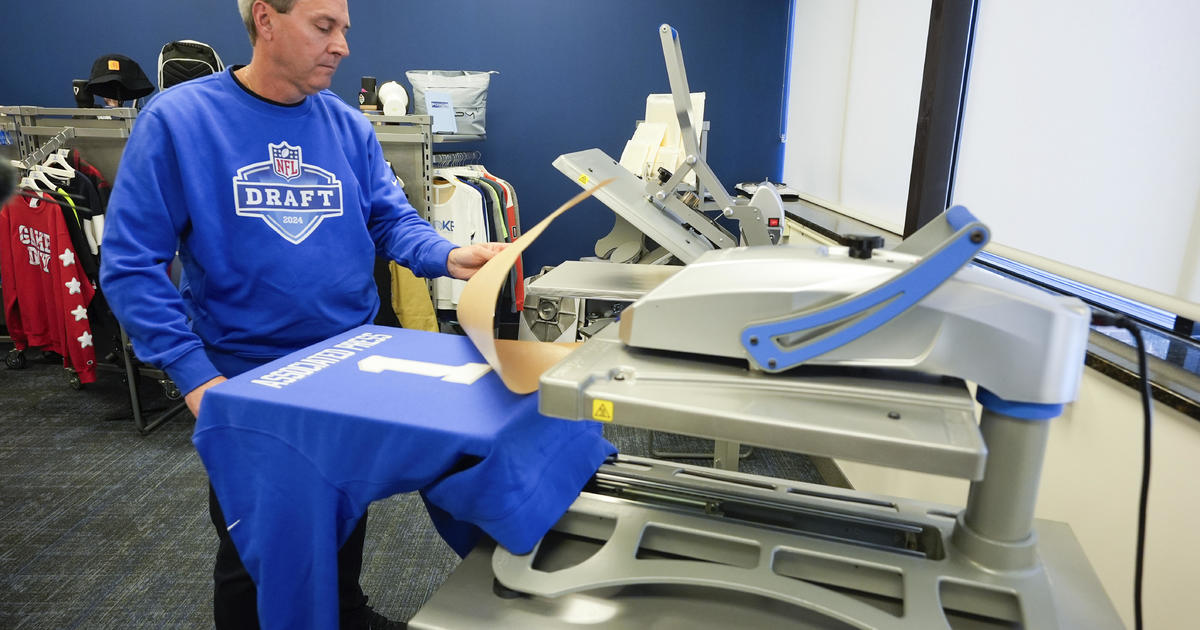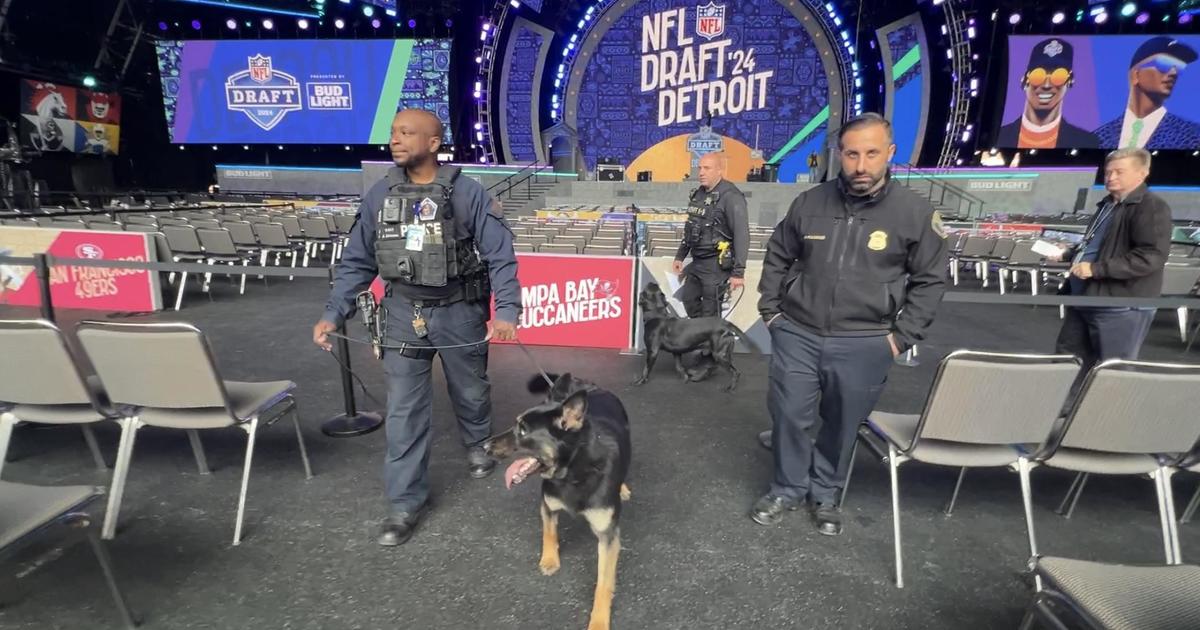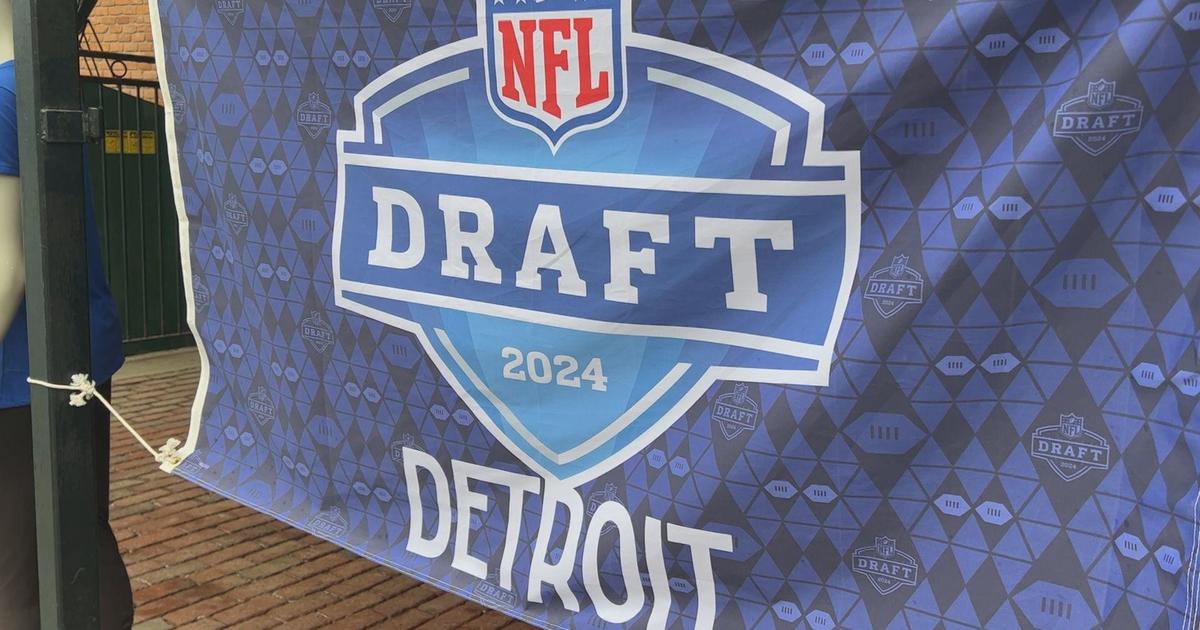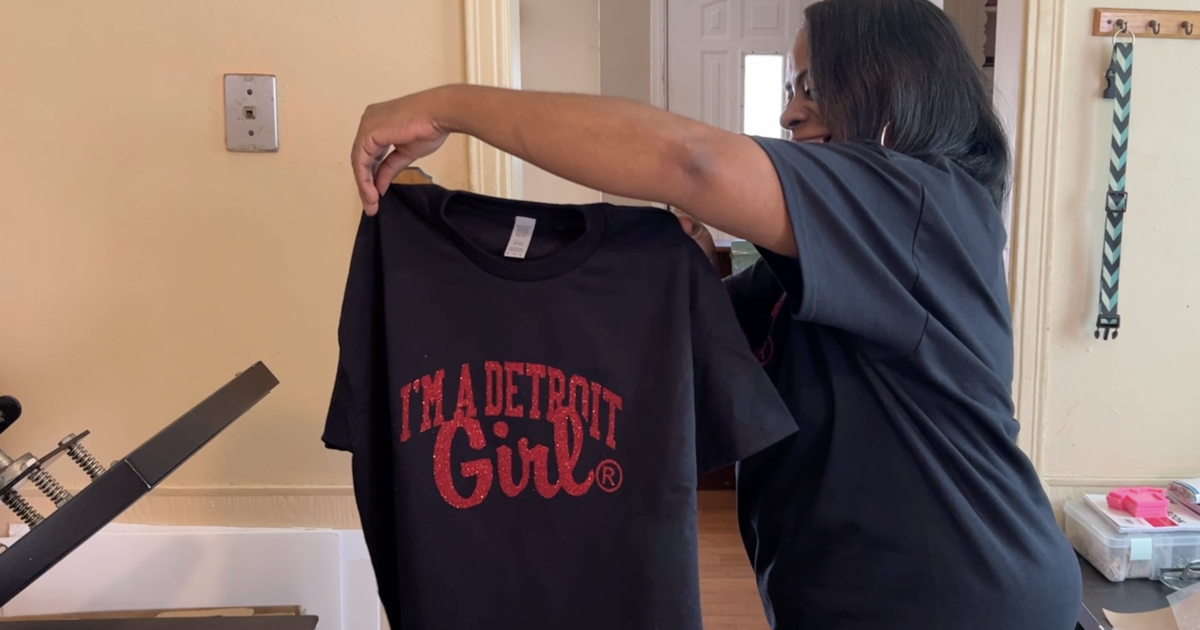Auto Companies Are Hiring — But Not Ready To Build New Plants
TRAVERSE CITY (WWJ) - As Ford adds more assembly jobs, Chrysler upgrades its training, and the entire auto industry tries to get a handle on just where the recovery is going.
Those issues capped the first day of the Management Briefing Seminars, a yearly conference that brings leaders in the auto industry to the Grand Traverse Resort.
Chrysler's Mauro Pino, who's in charge of the company's efforts to spread World Class Manufacturing to all of its plants, says they expanding a training center they recently opened in the Detroit area.
"We want to go faster. But, we also want to go deeper."
The expansion will include more training that better simulates what happens on the assembly line, and a mobile system that takes World Class Manufacturing training to individual plants.
"The training we made was based on real needs of the plants," says Pino.
Chrysler, and other automakers have been adding large numbers of new manufacturing workers. Ford is beginning a third shift at its Kansas City Assembly Plant, with 900 new workers.
Speaking in Traverse City, manufacturing consultant Laurie Harbor, of Harbor Results, said that car companies have been working to find ways to produce more vehicles.
"They'll add a third shift"," she said. "They'll add a third crew. They'll add weekends. They'll work on incremental line increases. I find it hard to believe that any of the domestic brands are going to build a new facility."
One of the newest auto facilities in the United States is Volkswagen's new assembly plant in Chattanooga. It's CEO Frank Fischer said they are considering adding a second vehicle to the Passat already being produced there. It would be a mid size SUV. A decision on production could come shortly.
The plant, which currently employs about 2600 workers, has been a boost to the economy of Southeastern Tennessee.
"The whole project created about 12,400 full-time jobs," said Fischer. "There is an annual income of about 640 million dollars."
Other Monday sessions at the Management Briefing Seminars included discussions on dealing with coming fuel economy requirements, and the promise and dangers of connected cars.
The University of Michigan is involved with one of the largest connected vehicle experiments of its kind, near Ann Arbor. Dr. James Sayer says more than 2800 vehicles have given researchers information on tens of thousands of interactions, including two thousand they consider critical. Sayer, who's worked on sensor research for more than two decades, says they are learning a lot.
"This is probably the most promising technology that I've seen in that twenty years," said Sayer. "Is it perfect, no. But I think we're not going to get to automated vehicles without connectivity."
Full results of the project are expected to be released in the fall.
Connect with Jeff Gilbert
Email: jdgilbert@cbs.com
Facebook: facebook.com/carchronicles
Twitter: @jefferygilbert



